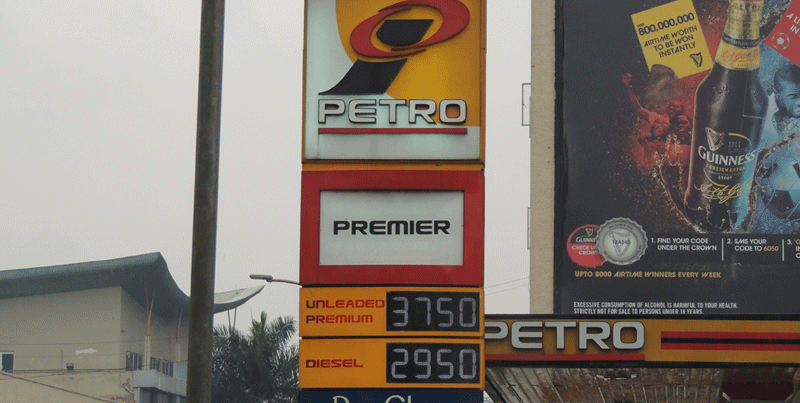News
Oil companies continue to exploit consumers
The price of oil at the global market hit from a record low of $27 per barrel this week – the lowest since 2003. But rather than being a source of cheers for local consumers and manufacturers, are ensuring the phenomenon is a source of tears.
Despite the persistent fall in global oil prices as seen over the past several months, international and local companies that import oil into the country continue to exploit Ugandans by keeping pump prices superficially high and ensuring that prices of other goods remain unrealistically expensive.
For countries such as Uganda that are net importers of oil, at least for now, the collapse of oil prices would be a source of good news because it helps to lower the cost of living but also reduces pressure on government for foreign exchange that is needed to import the essential commodity.
Alas, oil companies and the government appear to have turned their backs on consumers and manufacturers by ignoring the global oil price trends. And it’s beginning to unsettle quite a number of people including from the business community who are asking why government has struck an unholy alliance with oil dealers in complete disregard of its own people.
The last time global oil prices fell sharply to around 50 dollars per barrel, oil companies in Uganda refused to cut pump prices offering the tired excuses that they had already bought at higher prices.
In fact, as we reported in Dec 2014, while global oil prices fell to below US$70, Shell Uganda and Total kept pump prices at around Ushs3700 for Petrol and Ushs3300 for Diesel.
Now, with global oil prices more than half what they were in Dec 2014, local vendors still maintain prices around the Ushs3000 mark.
Although they cite the weakening value of Uganda’s shilling, analysts and consumers argue that oil dealers need to be kept under constant check in order to stop their excessive profiteering tendencies.
Ramathan Ggoobi, a lecturer at Makerere University Business School (MUBS) argues that the dominance of Shell and Total in Uganda’s petroleum market allows them to determine prices.
“They can hoard oil and create artificial scarcity which keeps prices high,”Ggoobi calls for the introduction of anti-trust laws that would curb such tendencies that kill competition which tends to benefit consumers.
According to Ggoobi, the recent directive by the Permanent Secretary in the Ministry of Finance Keith Muhakanizi that local contractors stop quoting prices in dollars but rather in Shillings, is a source of hope that Ugandan authorities are beginning to wake up.
But on the other hand, Ggoobi pushes the blame towards the government when he argues that they decided to slap a heavy tax bill on oil. For every litre of Petrol consumed government takes Ushs1,000. And for every litre of diesel, government takes Ushs650.
“Government decided to impose heavy taxes on oil. So I sometimes tend to agree with oil companies when they say that because of heavy taxes and the high cost of transporting oil from Mombasa to Kampala keeps prices high despite what crude sells at the global level,”argues Ggoobi.
Because of the universal effect of oil in our daily lives, the price of oil has significant impact on nearly every aspect of life. For Uganda though, high oil prices have made life even more unbearable since they make the cost of transport, electricity as well as manufactured goods high.
For Ugandan manufacturers though, the relatively higher cost of oil compared to what it is sold in neighbouring countries, is another source of worry because it means local producers suffer the disadvantage of producing at high cost compared to their competitors in the same market.
Comments



















